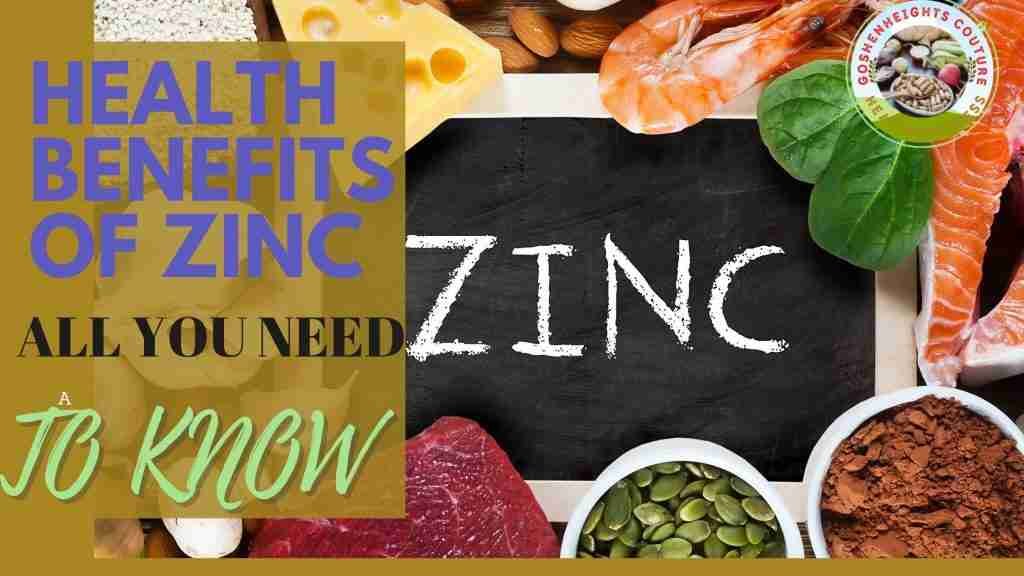Autophagy might be a known word or a new word to you.Whatever the case, this blog post will let you know how autophagy can keep you healthy and strong.
WHAT IS AUTOPHAGY IN SIMPLE WORDS
Autophagy is the process by which a cell degrades and destroys old, damaged, or abnormal proteins and other cytoplasmic substances .
The body recirculates the breakdown products for critical cell functions, particularly during times of stress or deprivation.
Autophagy is a recycling process that utilizes a cell’s existing energy resources. When your body has to make the most of these resources because your cells aren’t getting them from anywhere else.
To survive, a cell uses autophagy to eat itself. The added benefit is that this survival process can result in more efficient cells.
Autophagy is a natural process in which your body clears out damaged cell parts and replaces them with new ones.
It has been linked to a slew of potential health advantages. Some research suggests that it may slow the progression of diseases such as cancer, type 2 diabetes, and Alzheimer’s disease.
WHAT EXACTLY HAPPENS DURING THIS PROCESS?
Autophagy is enabled by autophagy-related proteins (ATGs). ATGs cause the formation of structures known as autophagosomes.
Autophagosomes transport junk cell fragments to a lysosome in the cell. The function of a lysosome is to digest or break down other cell parts.
Consider lysosomes, which are a type of cell that consumes other cells. The term “autophagy” is derived from two Greek words that mean “self-devouring”: “autos” means “self.”
“Phagomai” translates as “to eat.”
Lysosomes digest waste cell parts and then release the useful bits and pieces.
The cells use these raw materials to create new parts.
AUTOPHAGY AND FASTING
Stressing your cells to send them into survival mode can induce autophagy.
Autophagy can be induced by fasting.
Fasting is when you stop eating for an extended period of time. Fasting depletes your body’s nutritional reserves, forcing it to repurpose cell components in order to function.

Intermittent fasting can take many forms, including 16/8, 14/10, OMAD, and ADF. Another intermittent fasting method is 20/4 fasting, also known as the warrior diet.
I normally do OMAD which stands for “One Meal A Day” monday to friday and eat normally over the weekend.And during my fast,I take a lot of fluids,vitamins and minerals.
I take vitamins B, C, D3, and K2.
At the same time I take calcium ,magnesium and Omega 3 Suppliments.
Remember however that I did not get to one meal a day suddenly.
I started gradually with two meals a day.You need to do your research and consult your Doctor to see what works for you.
Because it is a more advanced version of intermittent fasting, you may not have heard of it if you are new to it.
20/4 intermittent fasting is a very advanced form of intermittent fasting. As the name implies, you fast for 20 hours each day and eat within four hours.
HOW LONG TO FAST FOR AUTOPHAGY TO START
Autophagy and ketosis require relatively long fasting periods .
As a result, 20/4 intermittent fasting is more effective than other forms of intermittent fasting with shorter fasts (such as 16/8 or 14/10 intermittent fasting) in stimulating these two processes.
Autophagy may take two to four days of fasting in humans, according to research.
It is believed that autophagy does not begin until glucose and insulin levels are significantly reduced.
How long must you fast for autophagy to occur?
Autophagy occurs when your cells begin breaking down fat for energy when insulin levels are extremely low.
Dr. Naiman proposed that the “sweet spot for intermittent fasting” occurs between 18 and 24 hours of fasting because this is the time period when insulin levels drop and lipolysis — the breakdown of fat — increases.
Animal studies indicate that autophagy may begin between 24 and 48 hours after fasting.
Some experts recommend starting with 32 to 48 hours; 72-hour fast autophagy is beyond most humans’ capabilities but is possible.
SIGNS OF AUTOPHAGY
Reduced appetite is a key indicator of autophagy. It’s most likely due to fluctuations in hormone levels such as glucagon ,ghrelin and insulin. Glucagon levels, in particular, tend to rise during autophagy. Glucagon regulates blood sugar levels and has been shown to reduce appetite .
Several methods for inducing autophagy, such as fasting or following a ketogenic diet, have been linked to fatigue and low energy levels.
Furthermore, these eating habits can result in low blood sugar levels, which can contribute to fatigue.
Fortunately, this is a transient side effect. According to a few studies, intermittent fasting or following a ketogenic diet may increase energy levels over time as your body adjusts.
Other signs of autophagy, however, include improved brain function.
RELATED YOUTUBE VIDEOS
HOW TO INDUCE AUTOPHAGY
Although autophagy happens all the time in your body, there are several ways to speed it up. These include fasting, exercise, and calorie restriction
A low-carb, high fat ketogenic diet can also stimulate autophagy by promoting ketosis, a metabolic state in which your body burns fat for energy rather than sugar.
Ther are also certain types of food that has the potential to stimulate autophagy.
NATURAL FOODS THAT STIMULATE AUTOPHAGY:
Recent research suggests that polyphenols, which are beneficial compounds found in plants, may play a role in inducing autophagy.
Polyphenols activate several pathways, which can result in autophagy and a longer lifespan.

Resveratrol, for example, is a common autophagy inducer found in grape skins and nuts. Quercetin, green tea catechins, and curcumin are examples of polyphenols. Polyphenols that promote autophagy can be found in the following foods:
- Green tea
- Grape skin (red wine)
- Nuts
- Onions
- Apples
- Berries
- Turmeric
- Soybeans
AUTOPHAGY AND DISEASE PREVENTION.
Autophagy and Cancer.
Can Autophagy have an effect on cancer tumor cells?According to research,
Depending on the developmental stage and tumor type, autophagy can either suppress or promote tumors.
And modulating autophagy for cancer treatment is an intriguing therapeutic approach that is currently being investigated.
Nutritional restriction is a promising protocol for modulating autophagy and improving anticancer therapy efficacy while protecting normal cells.
What about autophagy and cancer prevention?
Is there any kind of autophagy and cancer review that suggest that autophagy can prevent cancer?
This research states that Autophagy inhibits tumorigenesis in cancer cells by inhibiting cancer-cell survival and inducing cell death.
But it also promotes tumorigenesis by promoting cancer-cell proliferation and tumor growth .
A series of proteins regulate the autophagic process’s mechanism.
OTHER INTERESTING BLOG POST
HEALTH BENEFITS OF AUTOPHAGY
There are many recorded health benefits of autophagy.
For example it can help in weight loss.
Fasting causes autophagy, which repairs and destroys damaged cells, thereby improving cell metabolism and resulting in proper energy utilization and weight loss.
Encourages healthy aging:
Because of its ability to eliminate aging cells and cellular waste products that promote inflammation and gene instability, autophagy can help you feel and look younger.
Other advantages include its ability to prevent cancer, other degenerative diseases, improve liver function, lower blood sugar levels, and so on.
CONCLUSION
Recent discussions about autophagy frequently frame it as a health trend — a process that results in younger, healthier cells.
In reality, autophagy is more complicated.
Autophagy is required for healthy cells. It’s also true that autophagy issues are linked to certain diseases.
Nonetheless, autophagy is neither clearly harmful nor beneficial in terms of disease prevention or treatment.
Furthermore, most studies on the relationship between autophagy and disease have not been conducted on humans. The majority of research has focused on animals such as mice and rats, which, like all mammals, undergo autophagy.
Still, there isn’t enough evidence to back up inducing autophagy as a wellness strategy. Depending on your health, fasting, calorie restriction and drastic dietary changes, may be hazardous.
Speak with a healthcare provider if you are considering making any lifestyle changes that may interfere with your body’s natural processes.
As more evidence about the relationship between autophagy and disease is gathered, we will gain a better understanding of how this process may play a role in certain conditions and long-term health.
Have you ever tried intermitent fasting?
If you have,what fluids did you take?
Did you feel good after fasting?
Please drop your comments below.Remember to follow me on pinterest for mor health tips







